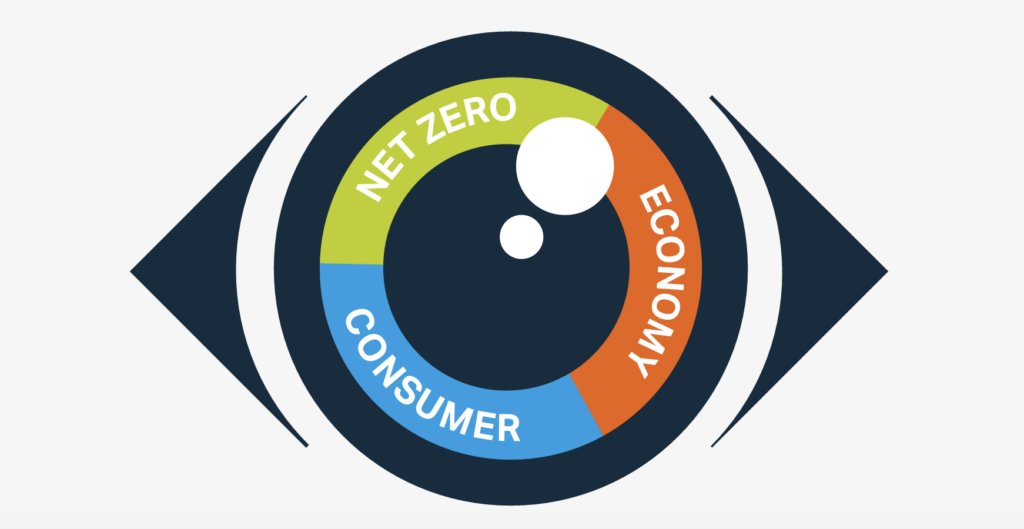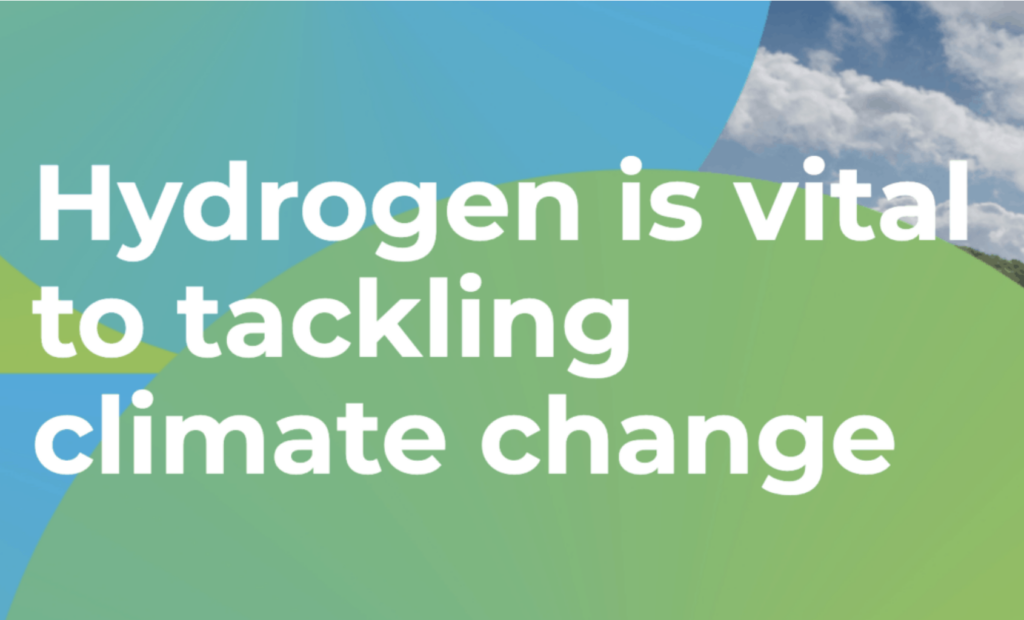In order to prevent the worst effects of climate change, there is a global target to become net zero by 2050. Net zero refers to a state in which greenhouse gases going into the atmosphere (the drivers of climate change) are balanced out by their removal from the atmosphere.

A recent report from the Energy Network Association has been published, which provides a roadmap for the growth and development of the UK’s hydrogen infrastructure over the years leading up to 2050. This will be key in making sure key objectives are met, and things are kept on track for what is an enormous project involving significant resources from many different sectors.
Later this year, Grant Shapps, who is the current UK energy secretary, will make the decision whether to begin introducing a mix of up to 20 per cent hydrogen into the domestic national gas supply by around 2026. After this date, the UK will be considering proposals for all newly installed boilers in homes to be hydrogen ready from this date, 2026.

Hydrogen Ready Testing:
For some while now, the UK has been trailing and testing hydrogen blends in homes. Winlaton in Gateshead was the first area to receive a hydrogen blend through the public natural gas network. The project started in August 2021 and ran for ten months. During this period, some 668 homes, a school, several small businesses and a church all ran on natural gas, which was blended with 20 per cent hydrogen. The purpose was to assess the possibility of reducing our reliance on fossil fuels for heating. This project was deemed a success – which has been a key milestone along the long, complex road to low-carbon hydrogen heating.
UK vs Germany:
While the UK’s plan may look ambitious, it is somewhat different to the approach that Germany is taking. They have proposals in place to essentially have a total ban on gas boilers from both new and replacement heating systems from 2024. Supporters of this have put their faith in heat pumps as the main solution as opposed to a fast switch to blended or pure green hydrogen.
100 Per Cent Hydrogen?
Cadnet, which is a gas distributor, is looking to run a trial of 100 per cent hydrogen heating in Whitby, Cheshire. Northern Gas Networks is seeking to run the same test but in Redcar, potentially starting in 2025. While hydrogen blend (20%) is a great start, moving forwards, we will eventually need to move fully away from fossil fuels.
Reaching Net Zero
To reach Net Zero, we need to reduce the average household’s Co2 emissions by a huge 95%. Transitioning to low-carbon alternatives like hydrogen with minimum delay will give us the best chance of reaching Net Zero by 2050 and help avoid the worst impacts of climate change. It’s generally considered that in order to stop the worst climate change damage, carbon dioxide emissions must fall by around 45% from 2010 levels by 2030, in which case we should be on course for net zero by around 2050, as long as constant and driving improvements, like initiatives outlined in this article are made.








